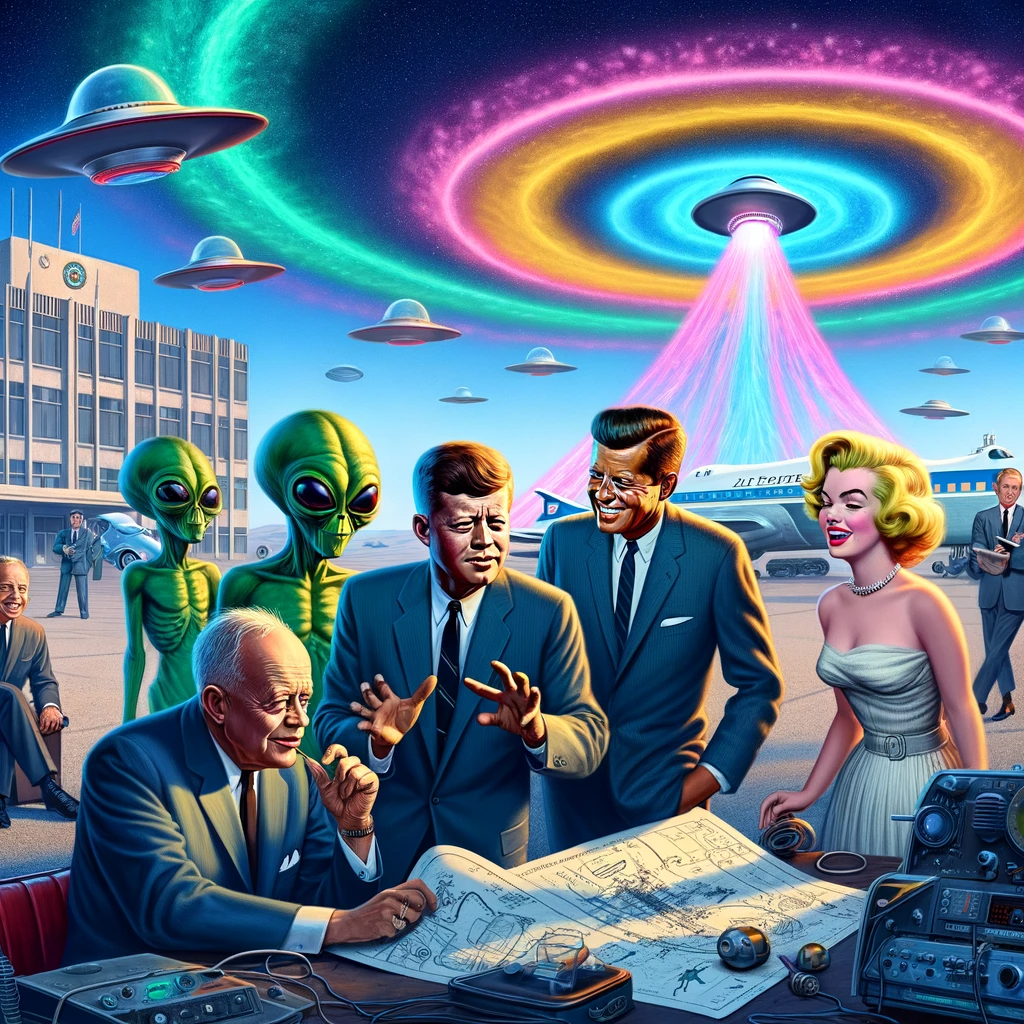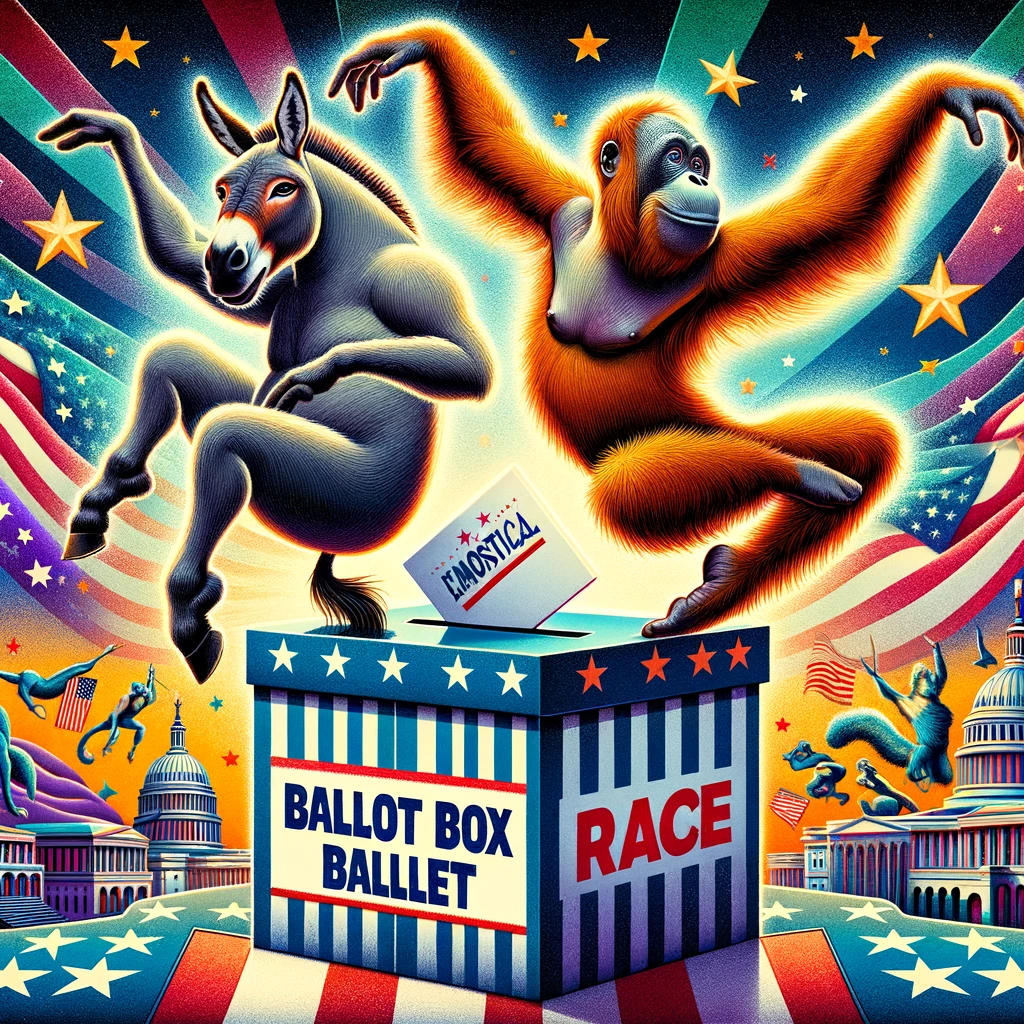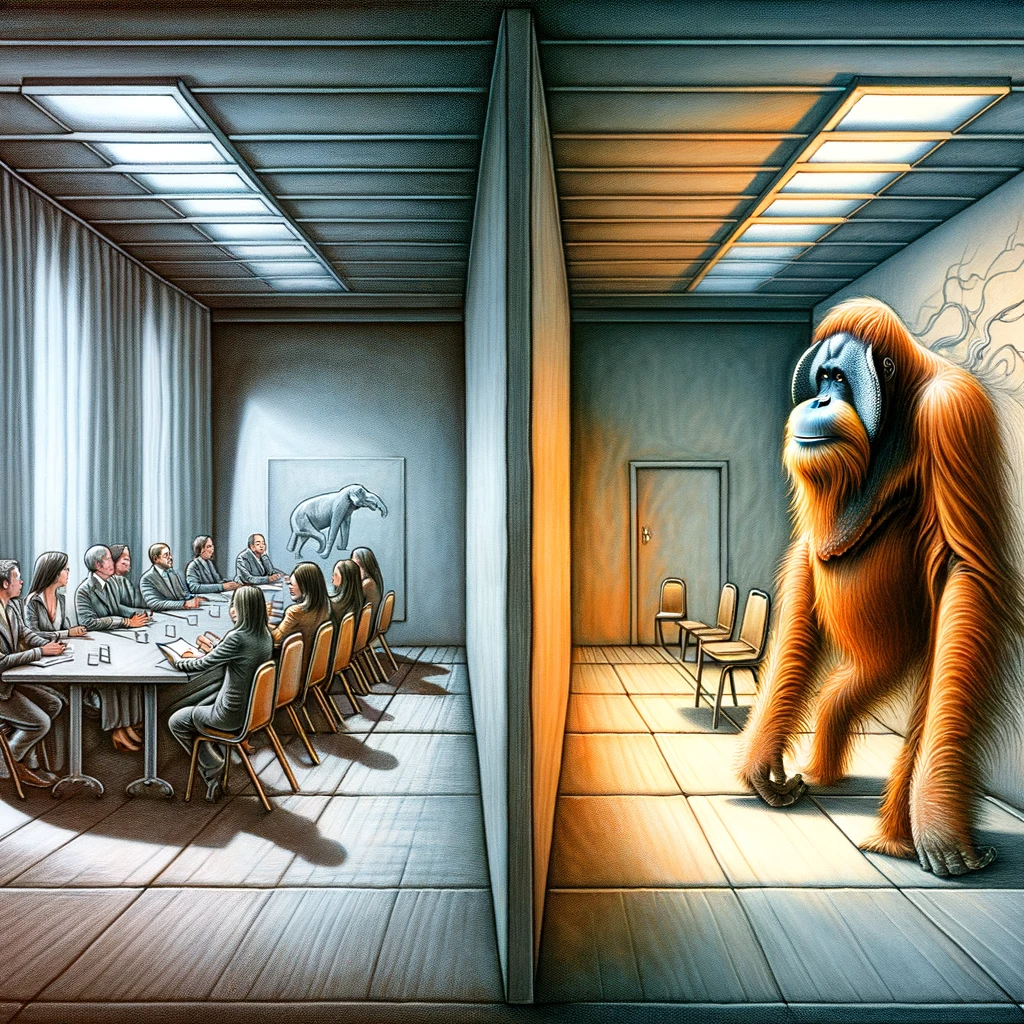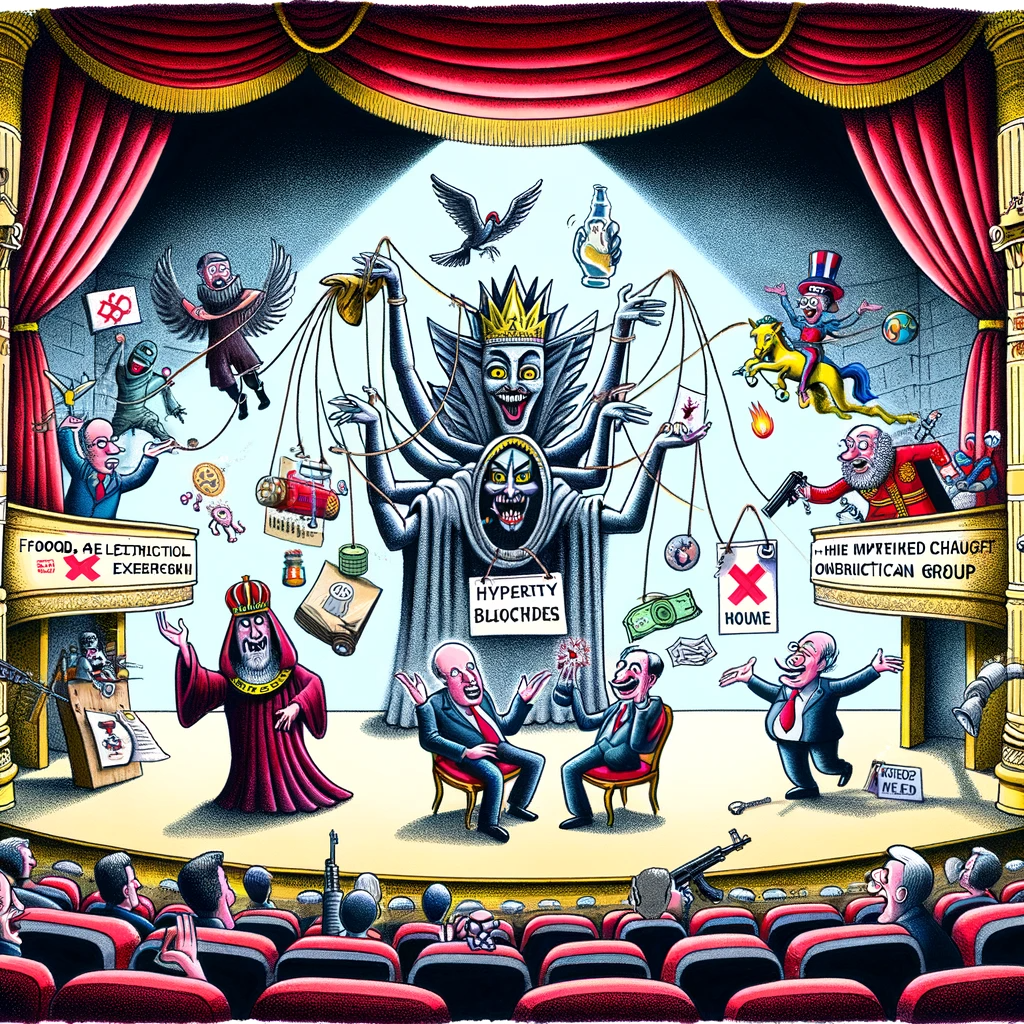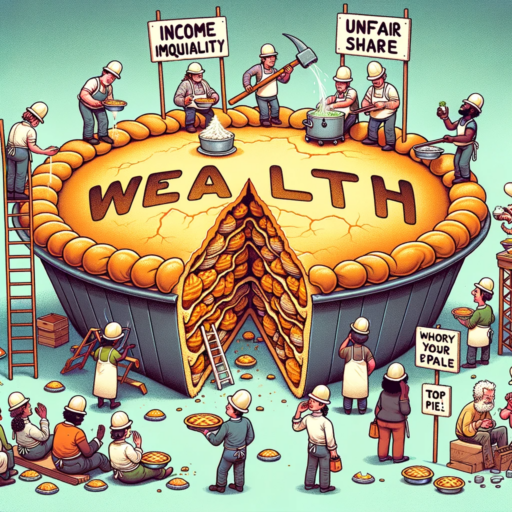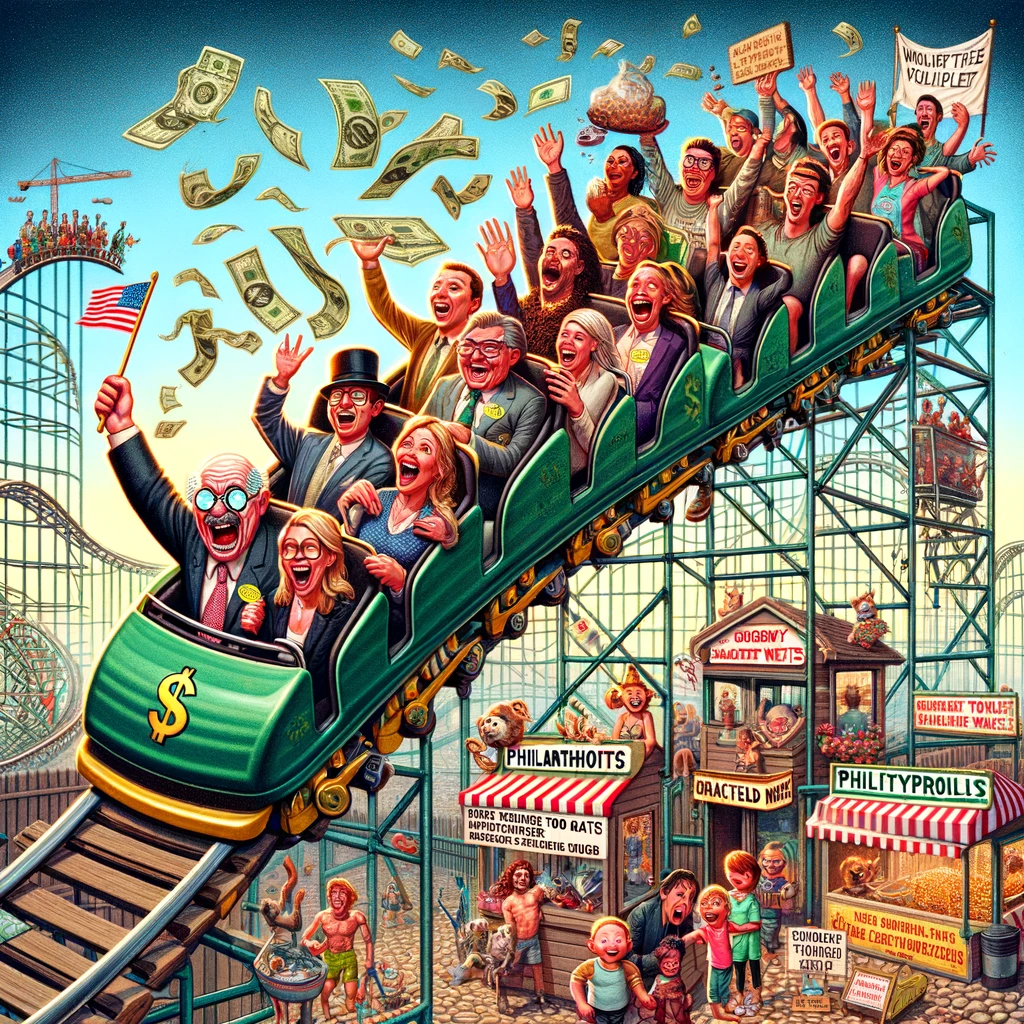Wolves of Claim Street
In an unprecedented move that left analysts, policyholders, and local livestock bewildered, Silver Fang Mutual Insurance Co. proudly announced the appointment of Lawrence “Larry” Lupine—a certified werewolf—as their new Head of Claims Policies.
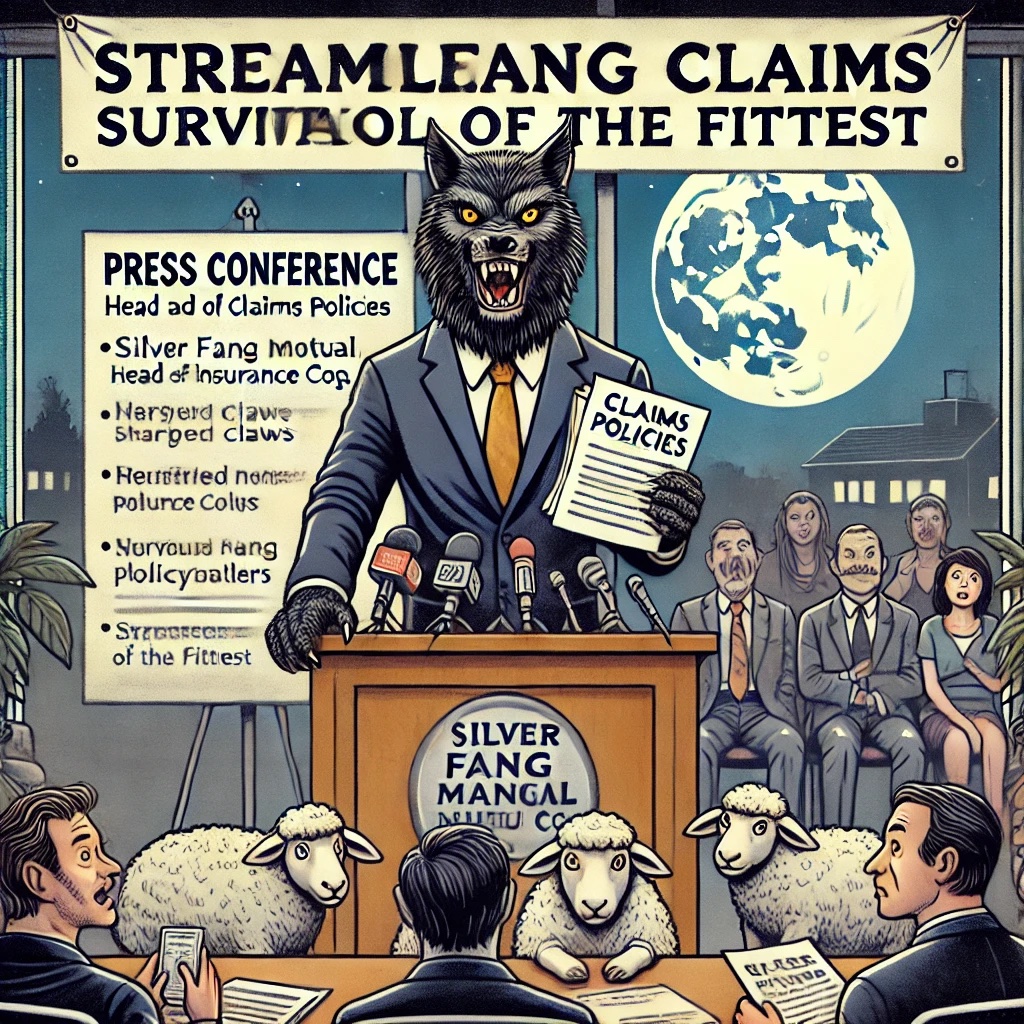
In a slick press release filled with buzzwords like “synergy,” “innovation,” and “fang-forward strategy,” CEO Clarence Cutthroat declared,
“Larry embodies the values we hold dear: hunger for excellence, laser-sharp focus, and an unmatched ability to sniff out undesirable claims before they wreak havoc on our bottom line.”
Larry’s Credentials: From Forest to Boardroom
Larry’s meteoric rise began innocently enough—howling under the moon, hunting small game, and managing risk as the alpha of his local pack. However, his career took a sharp turn when Silver Fang Mutual recognized his unique skill set:
- Unparalleled Vision: Larry can spot a fraudulent claim from 3 miles away—especially if it involves torn upholstery, bite marks, or mysterious “animal-related incidents.”
- Aggressive Negotiation Tactics: Larry’s charm and fearsome stare reportedly convince 9 out of 10 claimants to settle for “less-than-expected payouts.”
- **Natural Ability to Cull the Herd: “Weak claims,” as Larry terms them, “only weigh down the strong.”
The Press Conference: Sheepish Smiles All Around
At a media briefing held on a full moon evening (timing purely coincidental, according to PR), Larry strode on stage, his tailored three-piece suit bulging ominously at the seams. The gathered reporters—a mix of insurance journalists and nervous wildlife photographers—watched as Larry spoke passionately about his vision for the claims department:
“We’re committed to streamlining the process. If you can’t prove your loss in five minutes, it probably never happened. My team and I will ensure no claim escapes scrutiny… or the jaws of efficiency.”
A brave reporter in the back, trembling like a nervous lamb, asked about Larry’s impartiality regarding fire or flood victims. Larry’s golden eyes gleamed.
“Fire and floods? Nature’s way of sorting things out. It’s about survival of the fittest, my friend.”
Silver Fang Mutual’s lawyers quickly stepped in to clarify that Larry’s comments were “merely metaphorical” and did not reflect official company policy (except maybe unofficially).
“Biting Down on Fraud” – Policy Changes
Within days, employees began whispering about Larry’s changes to the claims process:
- “The Full Moon Review” – All claims filed near full moons are automatically flagged for “suspicious activity.”
- Enhanced Investigations: Policyholders now receive a personal home inspection… often at night. Complaints about heavy breathing outside windows are still pending HR review.
- New Fraud Detection Metrics: Claims for livestock losses, torn clothing, or “unexplained noises” will undergo Larry’s proprietary sniff test.
As one middle manager anonymously put it, “He doesn’t just deny claims—he devours them.”
Consumer Backlash: Sheep Farmers Howl
Not everyone welcomed Larry’s appointment. The United Federation of Sheep Farmers released a statement calling Silver Fang Mutual’s decision “deeply concerning” and “not at all subtle.”
“This is the clearest conflict of interest we’ve ever seen. How can a werewolf fairly adjudicate claims when half our flock is mysteriously disappearing every claims cycle?”
In a rare public response, Larry smiled—his sharp canines glinting under the lights—and assured critics:
“There’s no need to worry. I’m just here to protect the flock.”
Shareholder Delight
Meanwhile, Wall Street was thrilled. Silver Fang Mutual’s stock shot up 12% overnight. Analysts applauded Larry’s “efficiency” and noted that claim payouts had plummeted by 50% since his arrival.
- “This guy’s a predator, and we mean that as a compliment,” said financial guru Barry Barracuda on MoneyGrow TV.
Rumors of late-night boardroom meetings featuring howls and raw steak platters remain unconfirmed.
The Final Straw
Policyholders finally reached their breaking point when Silver Fang Mutual released its newest policy clause:
“Acts of Werewolf are now excluded from coverage.**”
At this, Larry shrugged nonchalantly. “Hey, nobody’s perfect.”

The Moonlit Future
While critics howl and policyholders grumble, Larry Lupine remains steadfast in his mission to protect Silver Fang Mutual’s profits. As he reminded everyone during his latest all-staff meeting, delivered under a dimly flickering fluorescent bulb.
As the full moon rose that night, employees nervously filed their quarterly performance reports, careful to ensure no mistakes. After all, Larry was watching.
Literally.
Disclaimer: Silver Fang Mutual Insurance Co. denies any wrongdoing, despite ongoing investigations into sudden increases in policyholder “disappearances” during audits.
